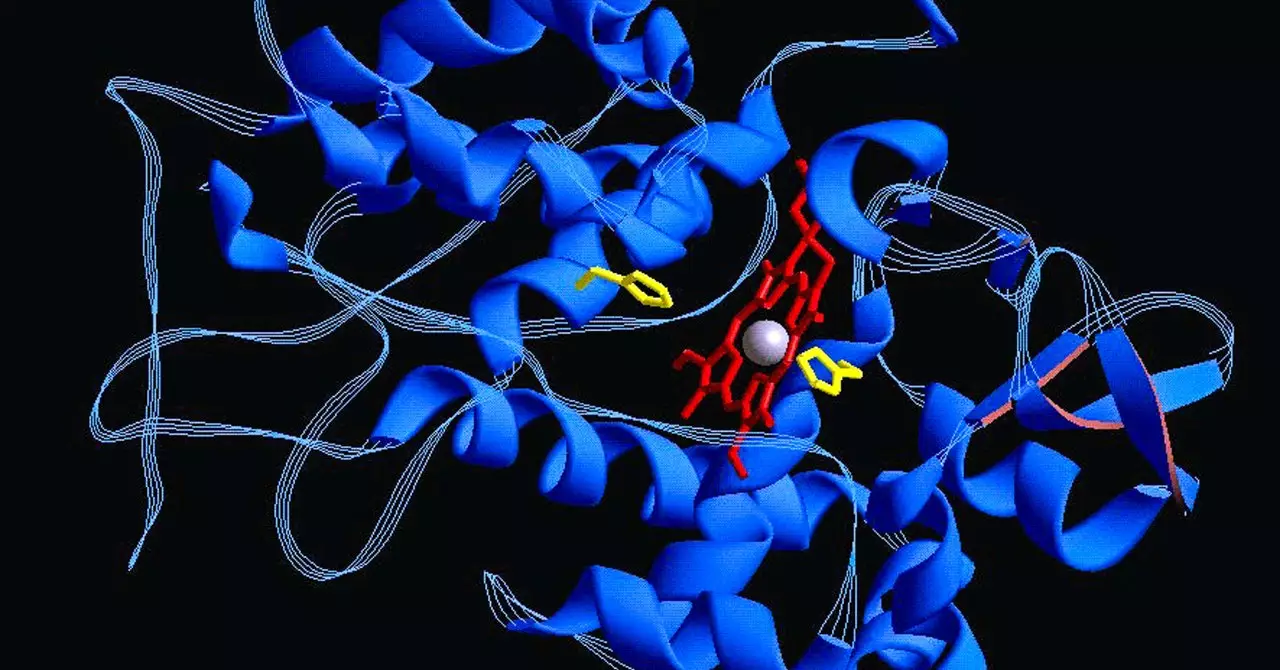The field of artificial intelligence (AI) is experiencing a surge of interest, especially following the Nobel Prize recognition of groundbreaking work in the area. However, this momentum brings with it significant concerns regarding the underlying motivation of researchers. The excitement surrounding new technologies often leads to an inflation of expectations and a rush to publish findings that may lack depth. This scenario has unfolded in other fields, such as blockchain and graphene, both of which faced intense scrutiny and a flood of published papers following their initial breakthroughs.
The cautionary tale shared by experts like Hodgkinson serves as a stark reminder that media frenzy can distort scientific priorities. Following the introduction of graphene in 2004, research exploded, leading to tens of thousands of publications in just a few years. The temptation for researchers to align their work closely with a hot topic, such as AI, raises questions about the integrity of the science being conducted. Hodgkinson warns against the danger of equating various AI tools, like chatbots, with rigorous scientific exploration.
Nobel Prizes play a pivotal role in shaping research agendas. The recognition of several AI researchers could draw in a flurry of new talent eager to chase similar accolades. Julian Togelius, a computer science professor, insists that academia’s competitive nature fuels this trend. Researchers often gravitate towards areas of study that promise easier funding and visibility, leading them to prioritize recognizable topics over foundational or theoretical work. This behavior threatens to produce a quantity-over-quality ethos within the scientific community.
The proliferation of publications can hinder rather than help scientific advancement. It’s easier for researchers to conduct simulations or to tweak existing theories with help from AI rather than synthesize new frameworks or original thought. This approach is seductive, but it risks producing superficial findings that do not radically change our understanding of complex problems. Togelius foresees a future where young scientists may prioritize efficiency over innovation, primarily because it is the easier path.
For meaningful advancements in AI, researchers must balance the allure of current trends with a commitment to fundamental inquiry. While AI offers potent tools for analyzing existing data, the real challenge lies in formulating new ideas from beneath the surface. The academic environment incentivizes minor improvements rather than transformative leaps, which can create stagnation in innovative thinking. This reinforces the necessity for scientists to tread carefully, fostering a research culture that values depth over breadth.
Moreover, the dilemma of misapplication looms large. The historical misuse of AI technologies outside their intended domains is a concern—taking algorithms that shine in one field and forcing them into another without adequate understanding can lead to misleading conclusions. Togelius himself admits to the temptation of applying powerful deep learning techniques to disciplines where he lacks expertise. Such misalignment can muddy the waters of scientific progress and dilute the meaningful contributions of research.
A critical aspect for the future of scientific inquiry, especially in a rapidly evolving field like AI, is to cultivate a research environment that is resistant to transient trends. The focus ought to be directed towards fostering curiosity and promoting a thorough understanding of the fundamental principles governing both AI and the problems it seeks to address. Education must pivot towards equipping researchers with not merely the skills to use new technologies but also the prudence to ensure their validity.
Academics and institutions must advocate for research goals that prioritize comprehensive understanding and authentic innovation over merely chasing recognition. Building a collaborative culture where interdisciplinary knowledge is valued can also serve as a buffer against shallow research trends. Ultimately, avoiding the pitfalls of hype—by staying rooted in inquiry-driven processes—will safeguard the integrity of scientific exploration in the age of AI.
While the Nobel Prize spotlight shines favorably on AI, it is essential for researchers to engage in self-reflection and to critically evaluate their motivations. Only then can the field hope to make genuine strides toward understanding the complexities of intelligence—be it artificial or otherwise.


Leave a Reply